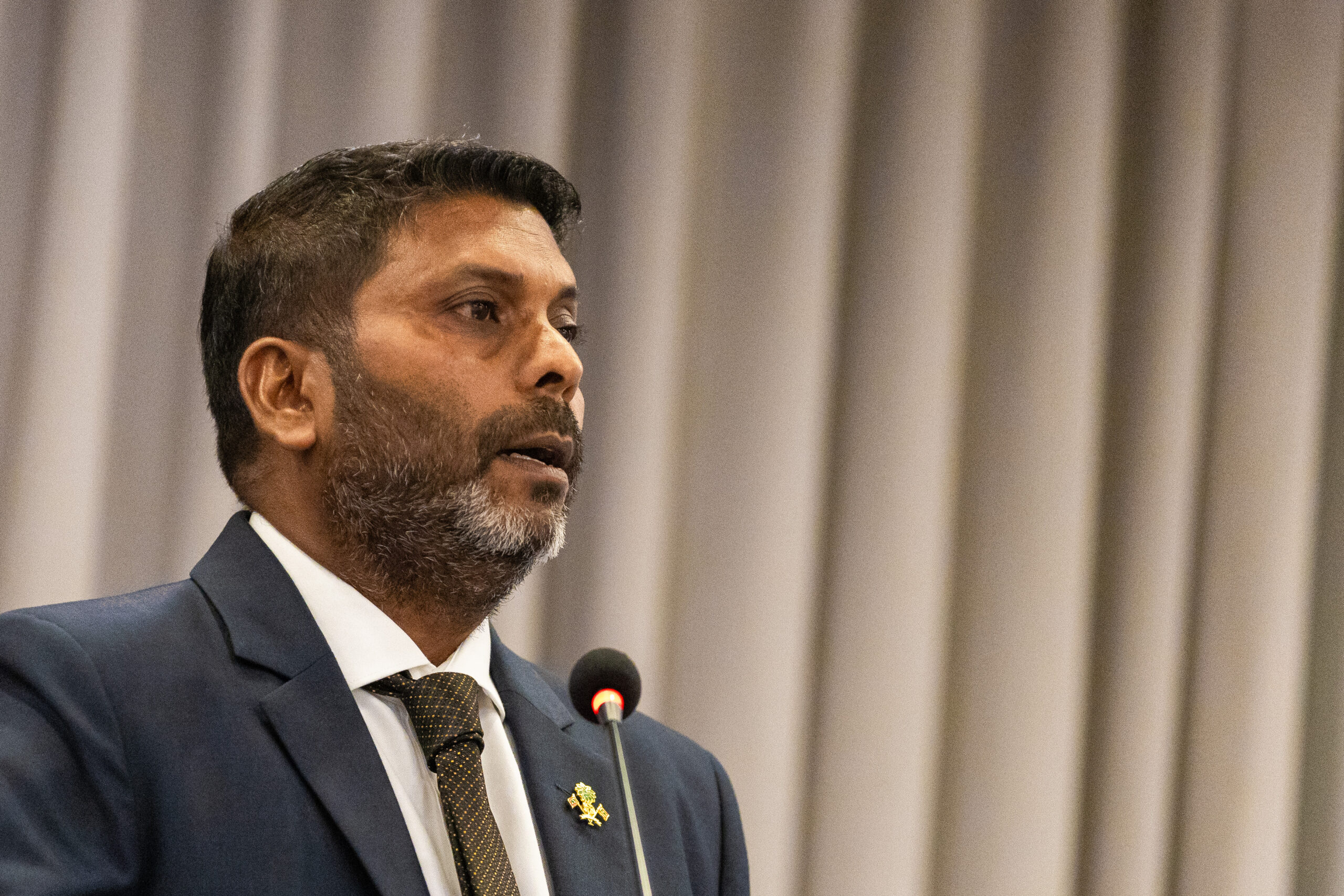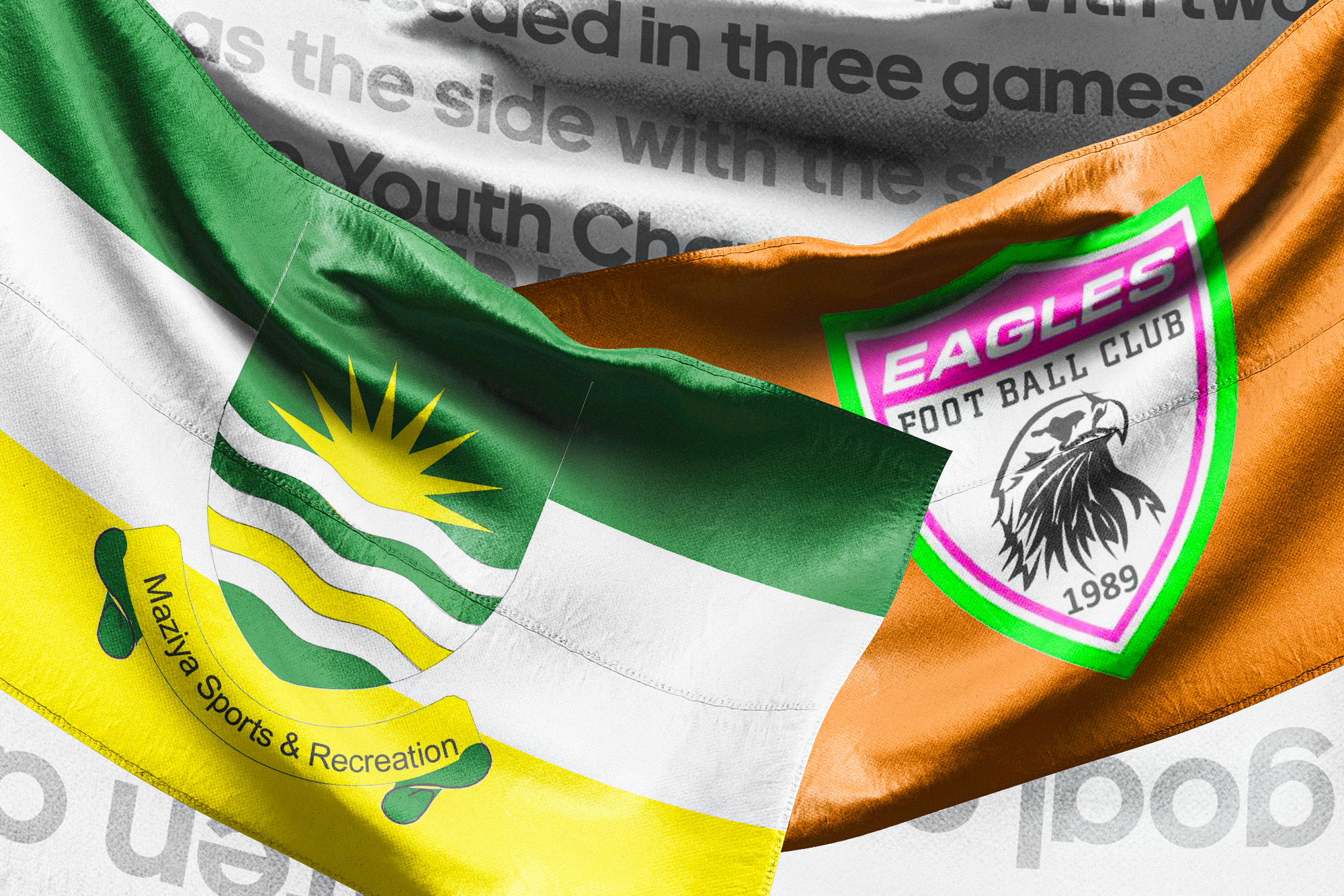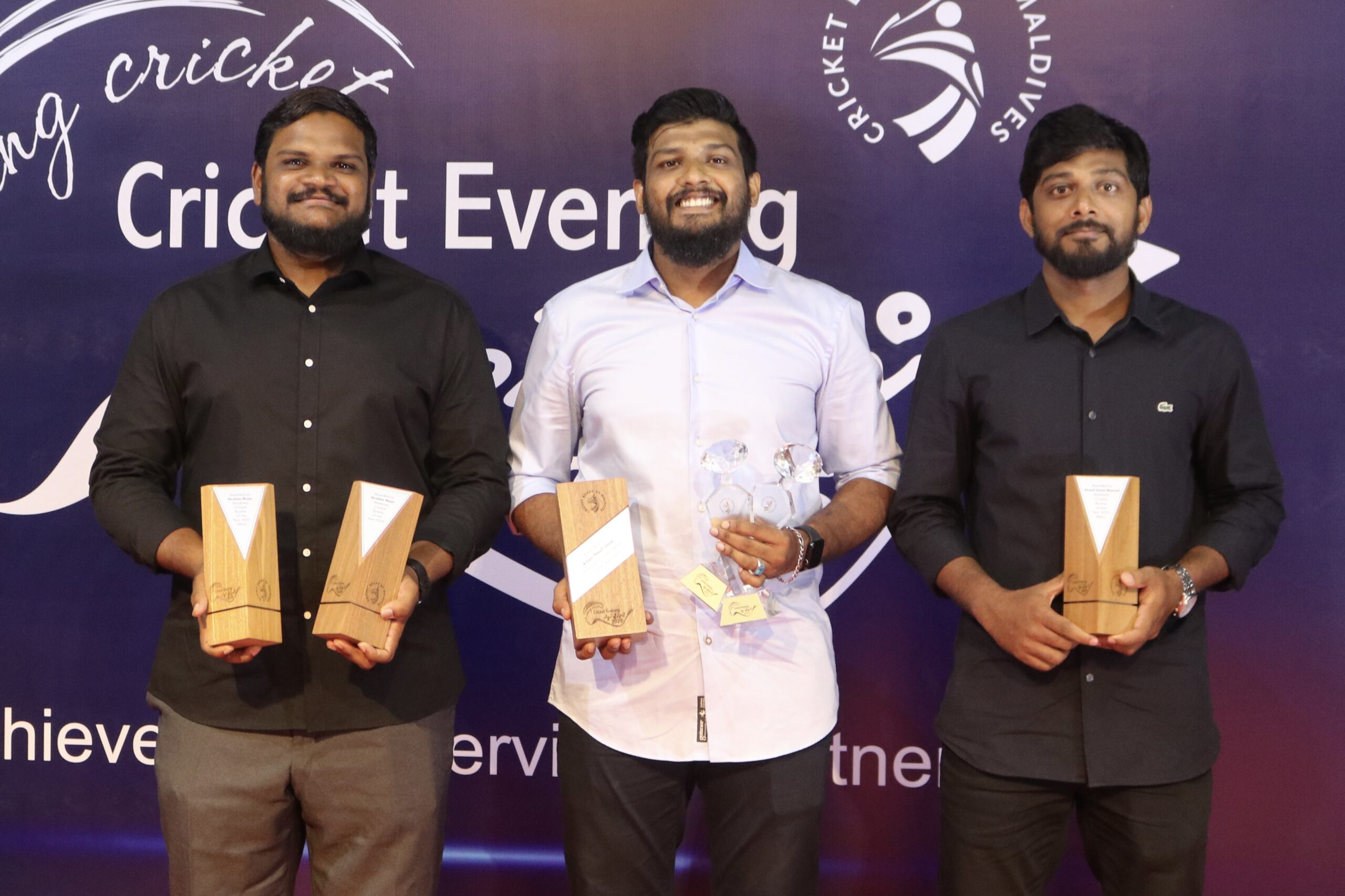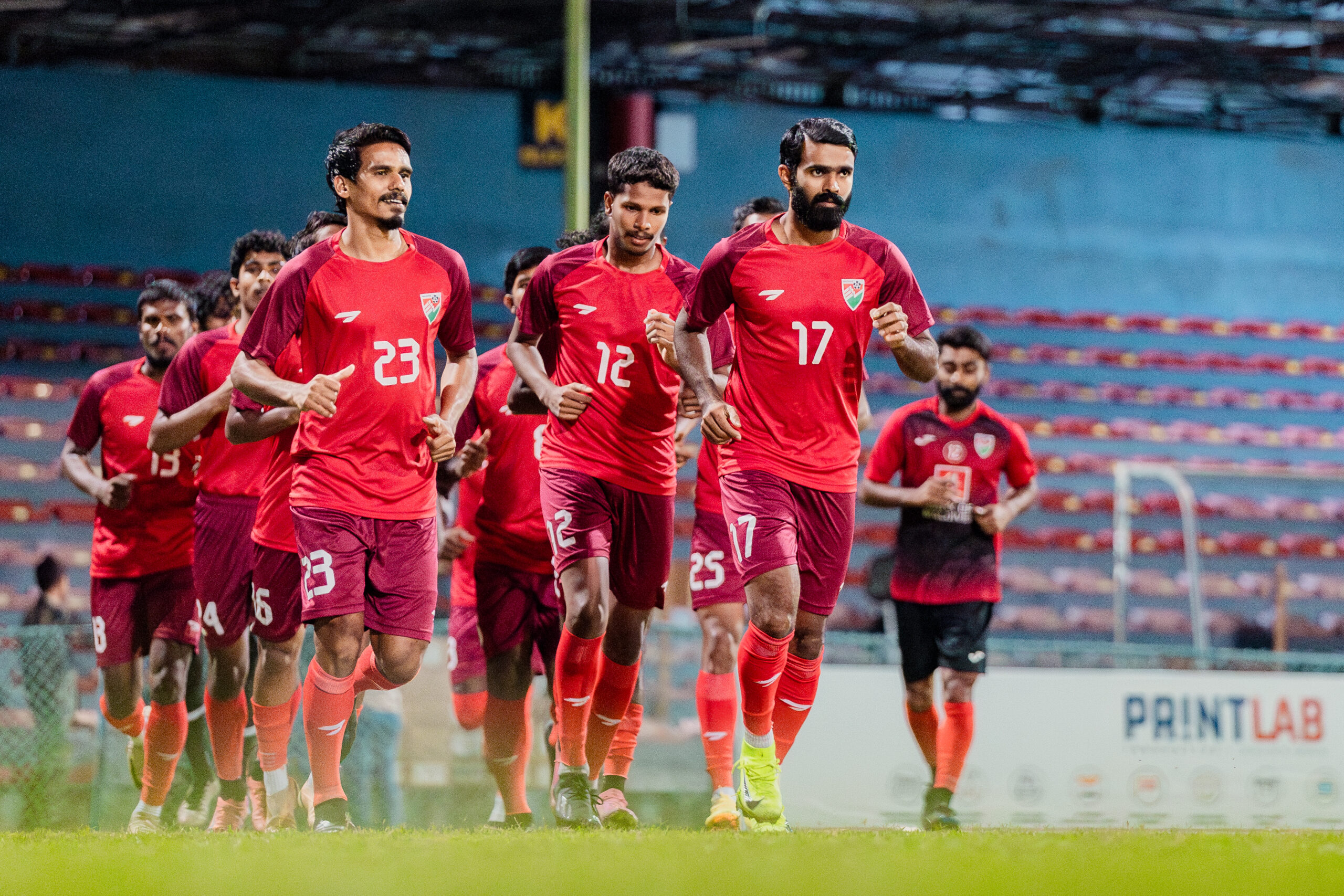When Liverpool FC — one of football’s most storied clubs — announced a new partnership with the Maldives Marketing and Public Relations Corporation (MMPRC) on March 13, the news felt more like a tourism pitch than a football headline.
Framed as a move to “target high-value travellers” and “provide unparalleled global exposure” for the Maldives, the collaboration was officially launched during a high-profile visit to Liverpool by a Maldivian delegation that included President Dr Mohamed Muizzu and Sports Minister Abdulla Rafiu. But behind the marketing language and presidential fanfare lies the question: What does this mean for football in the Maldives?
The answer, it seems, may come in the form of a Liverpool FC International Academy — a project the Sports Minister says is expected to begin operation in the next three years.
What is an LFC International Academy?
Beyond the walls of Kirkby, where Liverpool’s domestic academy has developed the likes of Trent Alexander-Arnold and Curtis Jones, the club has quietly built a global network of academies under the Liverpool FC International Academy (LFC IA) banner.
These academies, now present in dozens of countries from the United States to China, are designed to teach young players — aged five to sixteen — how to “play The Liverpool Way.” That means more than just red kits and fast pressing; it’s a coaching philosophy rooted in technical precision, teamwork, character building, and long-term player development (LTPD).
The LFC IA curriculum is reportedly the same as that used by Liverpool’s youth teams at home, and coaches are often either directly affiliated with the club or trained under its supervision. In each location, LFC works to develop not just players, but coaches as well — ensuring that local talent can eventually lead the sessions with the same methodology.
In January this year, for instance, Liverpool launched its latest academy in Bangkok. The opening ceremony featured former Reds striker Emile Heskey, and the academy now runs a year-round programme out of two venues in the Thai capital.
In places like Kunming, China, which launched its LFC academy in 2018, the program has since become what it calls a success story.
What might the Maldivian version look like?
According to Minister Rafiu, plans are already in motion: an LFC-appointed academy coach will relocate to the Maldives, while a group of local coaches will undergo training to deliver sessions under the LFC curriculum.
If the Maldives follows the pattern seen elsewhere, the Academy will likely be based in one or two venues and offer age-group training sessions across the year — starting with basic technical and tactical skills, and progressing toward more advanced player development modules as part of LFC’s LTPD model.
Whether the Maldivian version will focus solely on youth training or grow into something more — such as scholarship opportunities or elite camps — remains to be seen. But even a basic version of the academy could bring significant improvements to the crisis of football that we are in, and perhaps build a stronger connection between Maldivian football and the wider world.

More than a Tourism Campaign?
While the LFC-Maldives partnership has been branded primarily as a marketing initiative to promote the country as a world-class destination, the prospect of a Liverpool Academy excites the footballing youth of the country; for a small nation with big footballing dreams, aligning with a club like Liverpool could help raise the bar.
But as with many such ventures, the success of the project will depend on its follow-through — whether the football takes centre stage, or whether it becomes a photo-op in a sea of diplomatic handshakes.
If done right, learning to “play the Liverpool way” could become more than a slogan — it could be the start of a generation of players who believe, as the Anfield faithful often sing, that they’ll never walk alone.


 Ali Thameem
Ali Thameem









